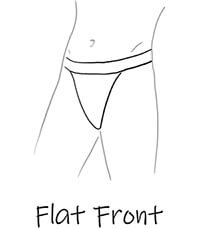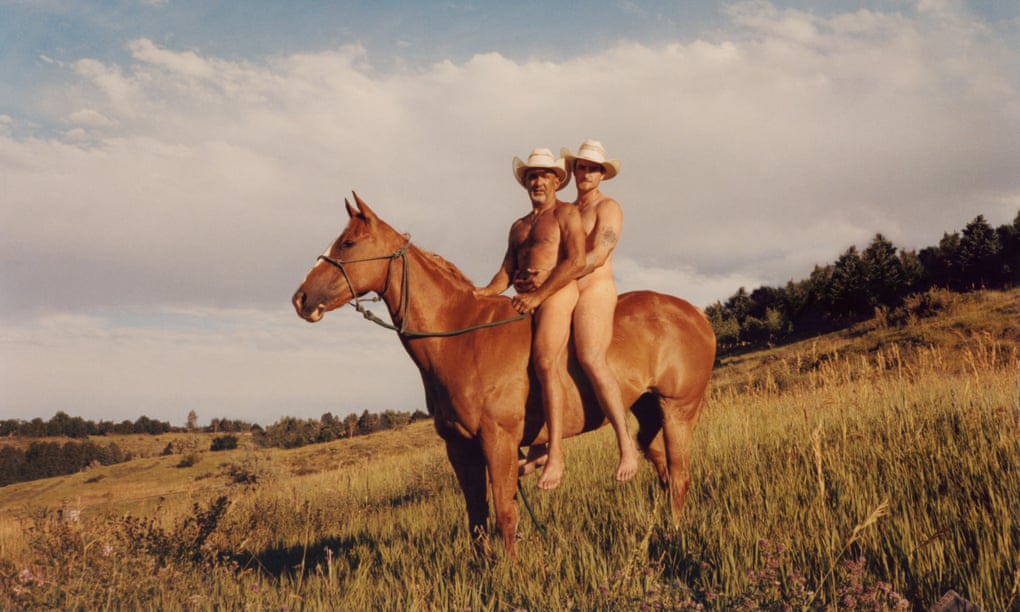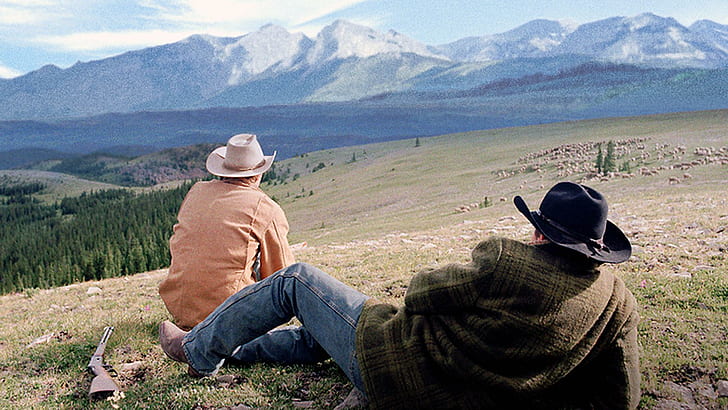Almost a year ago, in April 2020, Jake Gyllenhaal revealed a little Oscar backstage story featuring him and Heath Ledger, his late friend and co-star in the 2005 smash hit movie Brokeback Mountain during an interview with Another Man magazine. The film, that has become overnight an all-time classic of the new queer cinema, was an adaptation of Annie Proulx’s short story by the same name initially published in The New Yorker in 1997. Directed by Ang Lee, it was widely praised by the critics, and both of its protagonists earned an Oscar nomination for their performances as Jack and Ennis respectively, two cowboys in love in the American West from the 1960s to 1980s. Gyllenhaal and Ledger were proposed to do an opening for the 2007 Academy Awards telecast that included a sort of a joke at the expense of the ‘gayness’ of the love story, a joke that we are only left to believe that it might sound homophobic 15 year later.
According to the actor*,
“And Heath refused. I was sort of at the time, ‘Oh, okay... whatever.’ I’m always like: it’s all in good fun. And Heath said, ‘It’s not a joke to me – I don’t want to make any jokes about it.”
It is in this context that the 2009 remarks of the author Annie Proulx during an interview with the Paris Review** hit the mark. Talking about the core essence of her story, she said that
“It’s about homophobia; it’s about a social situation; it’s about a place and a particular mindset and morality.”
Yet, she laments the fact that “many fans have decided that the story should have had a happy ending. They can’t bear the way it ends – they just can’t stand it" to the point that she wishes she’d never written the story in the first place. And this is, I believe, an argument worth revisiting today in spite of the progress achieved regarding LGBTIQ+ rights, at least in some countries.








 Login
Login